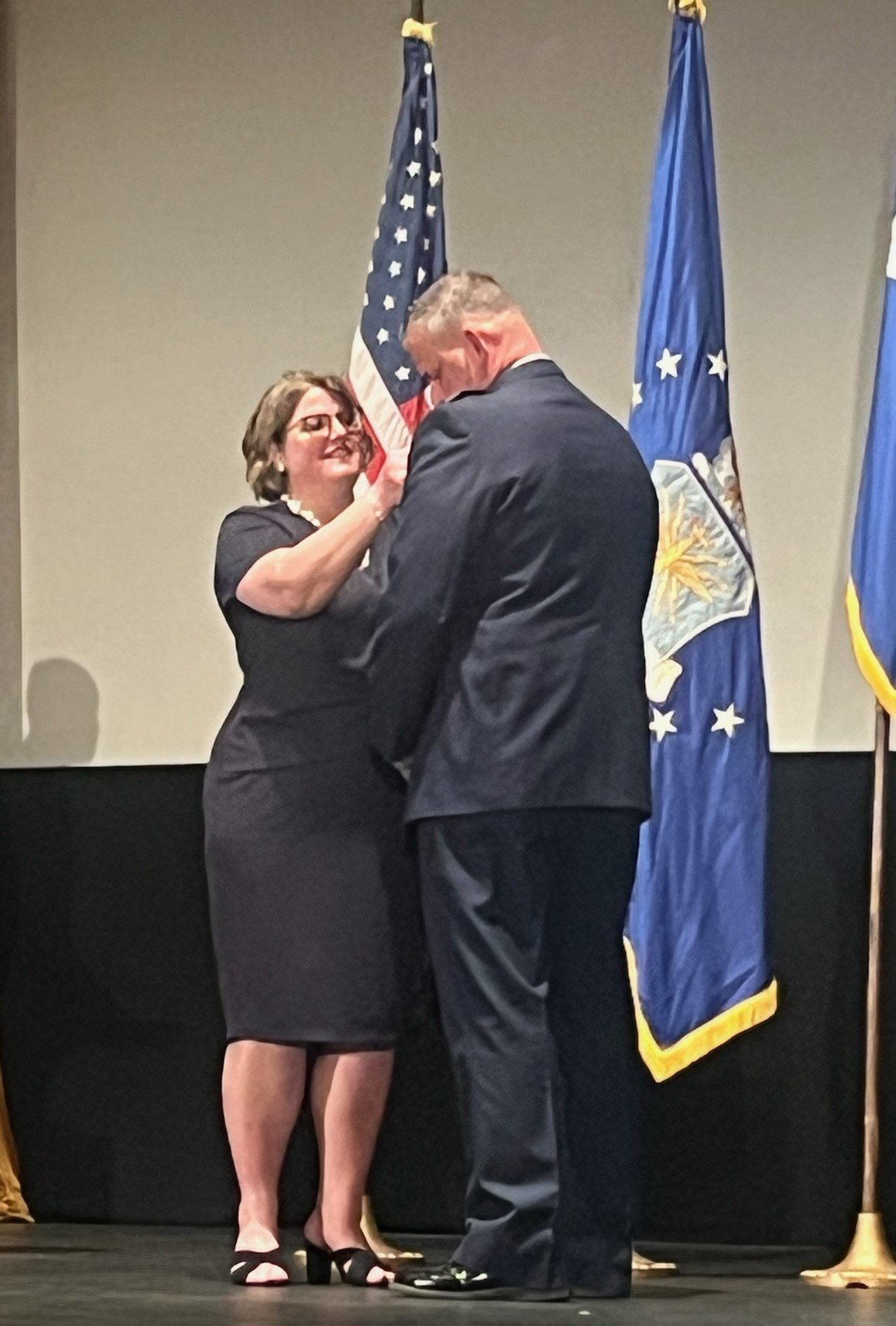Looking for a particular topic?
Feel free to search my blog by topic or keyword.
What Do You Mean?
o often in the counseling room I find myself asking,
“What meaning have you attached to that?”
I can hear a story of something that happened to you and think about what might feel hard to me about that situation, but I am not you.
I can’t begin to figure out which direction to go in helping you work through something if I do not know what meaning is unfolding in your head around the situation you are describing.
It is so easy for us to blend our thoughts and feelings and past experiences into whatever moment we find ourselves reacting to.
It happens so automatically that we tend to immediately cling to the meaning we come up with as if it were absolutely true.
How To Gain Some Control Over Your Thoughts
Have you ever had a scenario that you turned over and over again in your mind. And then again and again some more?
We might call this kind of thing rumination, or we might call it overthinking. We might say we are having intrusive thoughts. There are subtle differences in all of these things, but they all can be downright miserable.
Let’s define these terms first, and then we can get to strategies to deal with them.
How AI Can Affect Mental Health
I know there are reasonable and good uses of AI out there in the world, but as it stands now, the potential (and actual) uses of AI pose dangers to my personal beliefs and values and will not be used in my counseling practice as far as I can help it.
How Do I Get Rid of Bitterness?
How do I keep from feeling bitter?
I have had many women ask me this question, and not just in the counseling room.
One stands out in my mind, because it was asked by someone referring to a situation we were in together. I was also recognizing the tendrils of bitterness curling around my heart, trying to take root.
My response at the time was, “I don’t know, but I am going to do it.”
(I had no idea how I would do it, but I knew it was possible and that is what I clung to at first.)
How to Deal With Shame
Often shame pops up almost automatically. It’s that red-hot, cheeks flushed, pit-in-stomach embarrassed feeling that makes you want to crawl back in bed and hide. Or shrink into the woodwork, become invisible.
We often get so caught up in feeling that emotion that we don’t stop to name it. Just putting a word to the feeling can help get the other parts of your brain involved. This helps you start seeing what is going a little more clearly – it’s no longer just a feeling that engulfs you, but it is a feeling that you can think about.
How to Break Up with Limiting Beliefs
I got to thinking that breaking up with a boyfriend can be similar to breaking up with some of our limiting beliefs.
It’s a process, and it involves us stepping out of familiar patterns.
That feels weird and uncomfortable at first. Sometimes there is “stuff” that lingers.
Sometimes we encounter triggers that seem to come out of nowhere.
I’m here to tell you that it is possible to get some healthy distance between you and your limiting beliefs, and it’s so rewarding to get to the other side!
What is Trauma-Informed Care?
A client needs to feel safe in therapy, and when someone has experienced trauma, that feeling of safety can be elusive. It might be a foreign feeling to you; you can’t even remember a time when you truly felt safe in someone else’s presence.
Being trauma-informed goes the extra mile to provide that safety.
What does trauma-informed care look like?
Consider a Gentle New Year
We often feel like we need to launch into perfecting our New Year’s Resolutions and immediately we immerse ourselves into intense striving to become the best version of ourselves.
It’s not a bad thing to be the best version of ourselves.
It’s just that when we say this, we usually really mean we want to be “perfect” or “someone that nobody can criticize” or “someone who does all the things and does them well” and that comes with excessive effort, as well as harsh self-talk and often self-loathing.
Coping with Holidays
The combination of extra stressors (remember, even fun things can be stressors), family, memories, and events & to-do’s that knock us out of our regular routine can create challenges across multiple contexts for anyone trying to break dysfunctional patterns in their lives.
How to Get Back to Normal After a Difficult Season
Sometimes the difficult seasons of life involve loss or trauma, or even just transition. All of these scenarios involve rearranging our lives, our thoughts. And they all have big feelings attached
If you are like me, you really want to get back to a routine, and you know you need to get back to your healthy habits.
So how do you get back to normal?
This can feel overwhelming.
10 Tips to Weather a Hard Season
Knowing what you need for your own self-care and putting those practices in place makes it much easier to get back to those practices when you get through the transition/crisis/hard season.
Many of the tips I have written about are about practices to put in place to prevent self-care and balance from getting out of whack. Today’s blog will focus on some extra ways to approach restoring balance to your life when you are in the season.
5 Ways to Take Care of Yourself During the Holidays
Why do I have a post early in the fall about getting ready for the holidays?
Because women who tend to fall into people-pleasing and perfectionism are typically the ones who read this blog, and those are the women who need that gentle reminder to get ahead of the holiday traps that leave us exhausted when January 1 rolls around.
Connecting With Others as a Military Spouse
Before you roll your eyes and throw your calendar across the room, hear me out.
The social structures the military provides build community.
Community is important to the military, because military units need to be unified to move forward on a mission.
Community benefits the mission and the service members, but it also benefits us as military spouses.
Welcome, War College Spouses! (Revisited)
I know you are in the midst of figuring out what your battle rhythm is going to be for the year.
I really want to drive home the importance of taking time to address your mental health, and getting started now before the year gets underway.
Today I want to extend a specific welcome, tell you why I care about you, re-cap the resources I have made available to you, and answer some questions I am guessing you may have.
7 Lessons Learned from Life as a Military Spouse
The hard parts are what really grew me and helped me develop the resilience I needed to function in this lifestyle. Resilience is one of those qualities that transfers to other areas of our lives, and for that, I am so very grateful.
Resilience is not the only lesson I’ve learned.
Things to Consider During a Life Transition
It is important to be very thoughtful and deliberate when we face these life transitions.
Sometimes life doesn’t let us take time to be thoughtful; sometimes those transitions happen fast and are forced upon us. Even when that happens, we can usually figure out a way to carve out some time to slow down and be intentional about how we move through the transition. This is time well spent.
10 Tips for Managing Mixed Emotions, Especially During a Military PCS (Revisited)
She looked around the echo-y house that held the memories of the most recent chapter of their lives. With all the boxes packed and loaded onto the moving truck, husband and kids settled into a temporary lodging facility, she is alone with the echoes.
And her emotions.
Ohhhh the emotions.
Those don’t pack up so easily.
Perfectionism and Catastrophizing
Catastrophizing is a cognitive distortion, meaning it is a way our brains can play tricks on us.
If we have anxiety or a trauma past, this kind of thinking can become habitual, automatic.
Like breathing. (but shallow and fast)
The Perfectionist and All or Nothing Thinking
With all or nothing thinking, our brain distorts situations into extremes.
Brains seem to like to sort things into tidy, polarized categories. It requires more thought to deal with things in the middle; the middle is messy and keeps us going back and forth.
Chucking it into the “all” box or the “nothing” box is much easier on the brain, so that’s what it does.
Perfectionism and the Need to Control
Life is full of stuff we just can’t control. The harder we try, the more frustrating it becomes that we can’t control it. Meanwhile, we lose presence, joy, peace, and focus while we are distracted by our attempts to control.



















